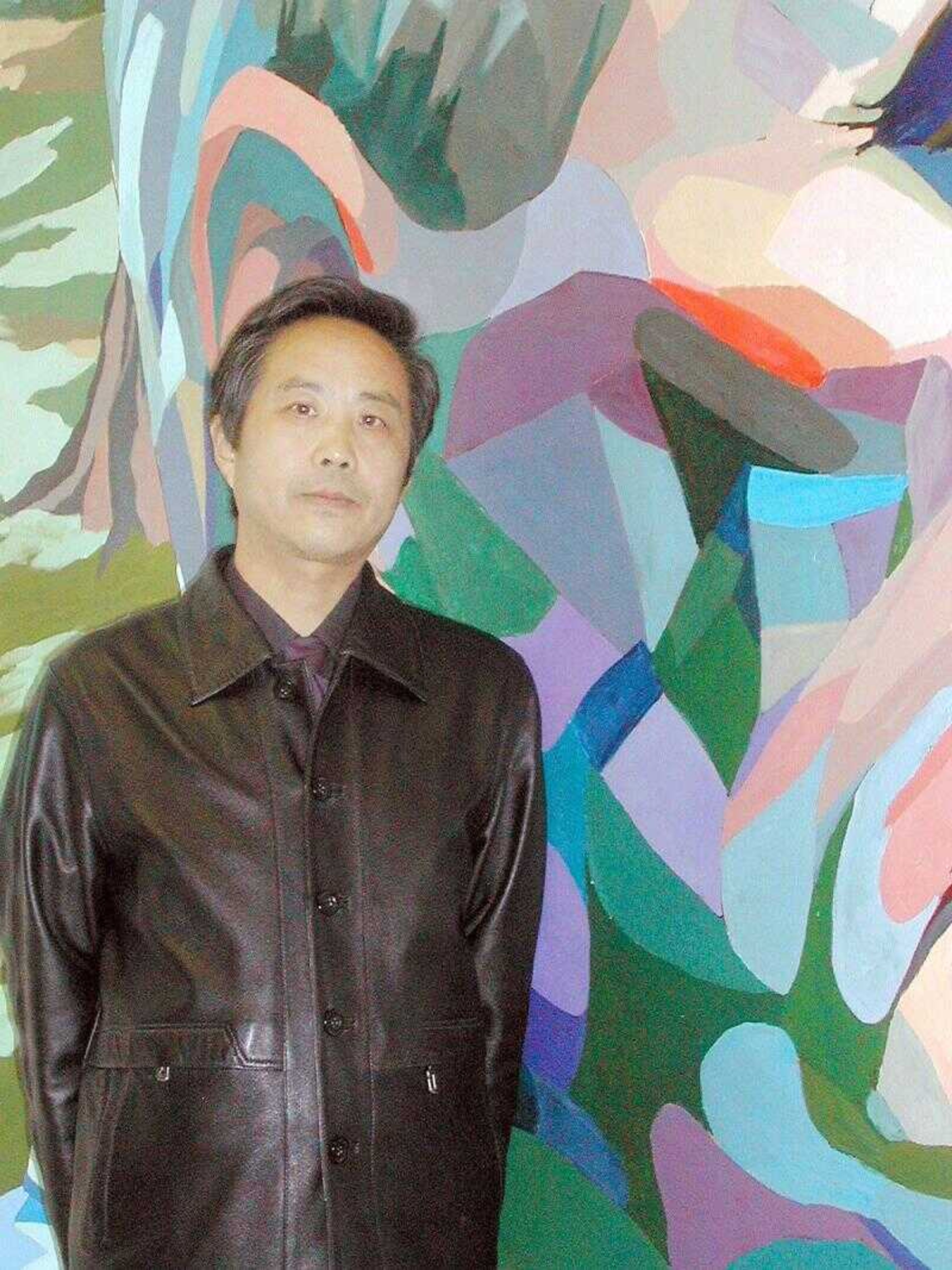Confucius descendant studies Faulkner
A Chinese scholar and descendant of Confucius hopes to pick up some wisdom in Cape Girardeau from studying the manuscripts of famed American writer William Faulkner. Kong Qinghua, a professor and dean of the English department at Qingdao University in eastern China, has been conducting research at Southeast Missouri State University's Center for Faulkner Studies since early September. He plans to remain in Cape Girardeau until February...
A Chinese scholar and descendant of Confucius hopes to pick up some wisdom in Cape Girardeau from studying the manuscripts of famed American writer William Faulkner.
Kong Qinghua, a professor and dean of the English department at Qingdao University in eastern China, has been conducting research at Southeast Missouri State University's Center for Faulkner Studies since early September. He plans to remain in Cape Girardeau until February.
Southeast has one of the best collections of Faulkner materials in the world, he said.
Faulkner, a Nobel Prize-winning novelist who died in 1962, was noted for his portrayal of rural life in Mississippi.
"In China, many scholars are interested in Faulkner," said Qinghua, who is a 73rd-generation descendant of Confucius, the famed philosopher who died about 449 B.C.
Confucius' wisdom is well-known, he said. "With half of Confucius' sayings, you can run the world well," Qinghua said.
The 52-year-old scholar also sees wisdom in the writings of Faulkner.
Faulkner's observations about rural life, poverty and oppression resonate with Chinese scholars like Qinghua who grew up on an impoverished farm. "For quite some time we were short of food to eat," he recalled at the Faulkner center.
Faulkner became popular in China in the 1980s, coinciding with China becoming more open to the outside world, he said.
At least eight of Faulkner's novels have been translated into Chinese.
"Faulkner is the most widely researched foreign writer in China," Qinghua said. "More scholars study Faulkner than Shakespeare."
Qinghua has published six papers on the American writer.
He became acquainted with Dr. Robert Hamblin, a Southeast English professor and director of the Faulkner center, last spring when Hamblin lectured in China.
"I gave a lecture at his school," recalled Hamblin. Qinghua expressed an interest in visiting the center. "I guess we kind of sealed the deal when I was there at his campus," Hamblin said.
The Chinese government is funding Qinghua's research trip.
"Clearly, China today is very interested in all things Western, including our literature and our history and our culture," said Hamblin, whose trip to China revealed a nation of contrasts.
The major cities reflect modern life. "Wal-Mart is there. Kentucky Fried Chicken is there. Coca-Cola is there," he said.
"In the countryside, you still see peasants living in little shacks and plowing with oxen," he said.
Hamblin said readers of Faulkner abroad relate to the stories of the American South. "They have had to cope with outside forces and pressures," he said.
Faulkner's plots deal with conflicting values and cultures in the rural South. "Maybe all countries can identify with that kind of history because we all have to cope with change," Hamblin said.
"What is ironic about all this is that America is still tied to Europe," he said. "In high schools, we teach French and German."
But increasingly the global economy runs through China and Japan, he said. "We need to be studying Chinese history and culture, Japanese history and culture," Hamblin said.
As for Faulkner, Hamblin said the American writer in some ways is more highly regarded abroad than at home.
In other nations, Faulkner is viewed not just as a Southern writer but as an American writer. "Other cultures look at our literature in a more holistic way," he said.
But even scholars can struggle with Faulkner's writing style, Hamblin said.
"I didn't get through the first Faulkner novel the first time I tried to read it," he said. "Faulkner is an acquired taste, no doubt about it."
mbliss@semissourian.com
335-6611, extension 123
Connect with the Southeast Missourian Newsroom:
For corrections to this story or other insights for the editor, click here. To submit a letter to the editor, click here. To learn about the Southeast Missourian’s AI Policy, click here.











